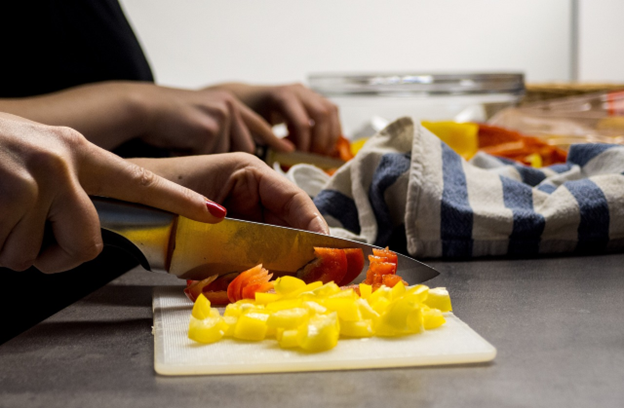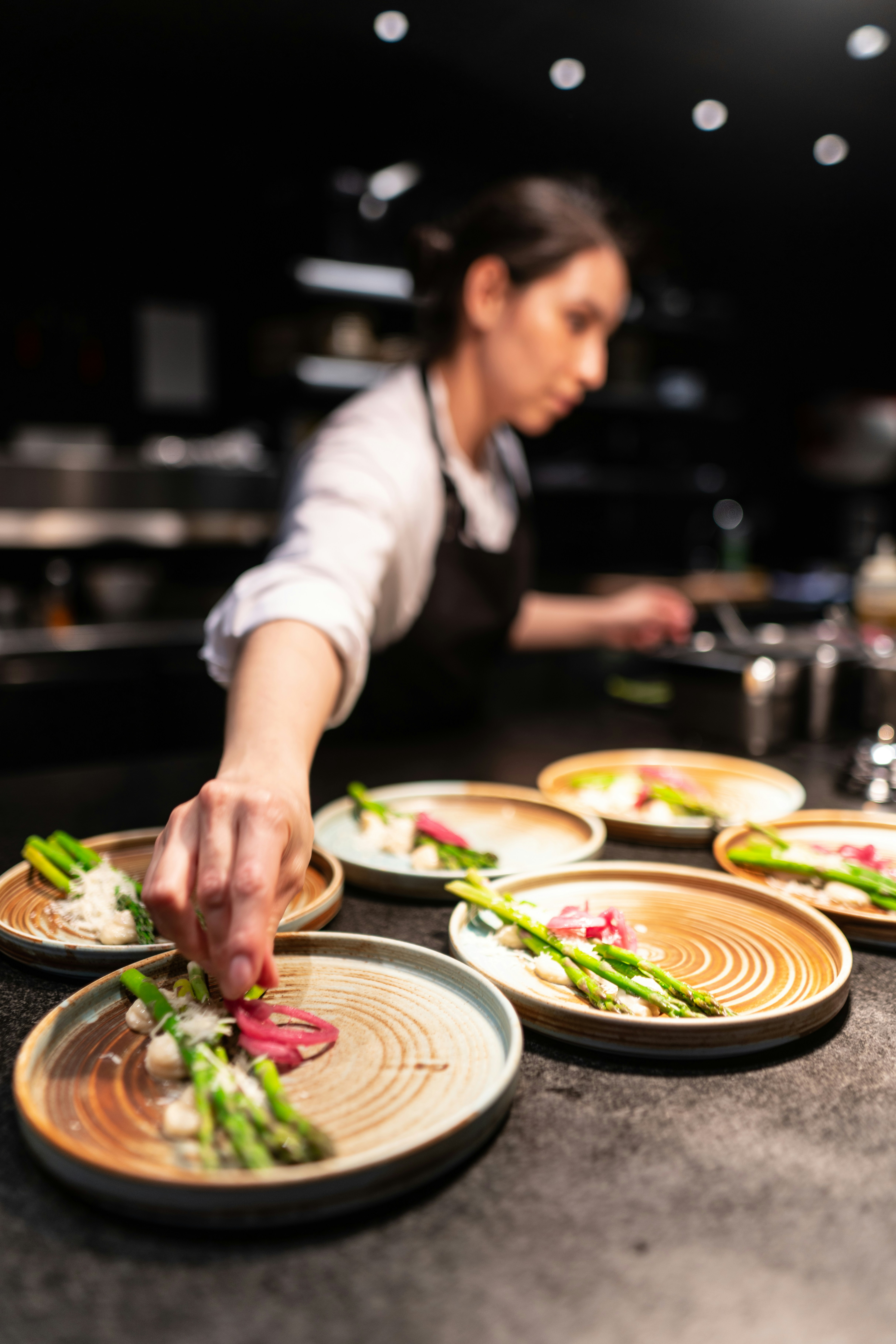What Does it Take to Become a Professional Chef?
 Whether you have an abiding passion for food that you have always wanted to work with, or you like the idea of serving good at the best possible establishments and gaining a professional reputation for high standards, becoming a professional chef is certainly a career for the passionate. However, it’s also a career that takes work and preparation. Here are a few of the steps you might want to consider if you’re thinking of this career path.
Whether you have an abiding passion for food that you have always wanted to work with, or you like the idea of serving good at the best possible establishments and gaining a professional reputation for high standards, becoming a professional chef is certainly a career for the passionate. However, it’s also a career that takes work and preparation. Here are a few of the steps you might want to consider if you’re thinking of this career path.
Be ready for high-pressure working environments
Working in a professional kitchen might not be exactly like what you see in Gordon Ramsey’s shows, but it’s not too far off, either. They are very high-pressure environments, where you have to work quickly, and often to a rigid hierarchy. Talk to people in the industry to learn more about what it’s really like to be in a kitchen and ensure that you are developing the self-confidence and the resilience to work in environments that, simply put, aren’t always the gentlest.
 Start working in restaurants
Start working in restaurants
Before you get your hands on any cooking utensils, you can also ensure that you know what kind of environments that you’re getting into by looking for entry-level restaurant jobs, as well. This can include working in the front of the house as a receptionist or server, or in the back as a dishwasher. Not only can it help you get some first-hand experience of the working environment, but it can help you start to build your professional network, too.
Get the education that you need
At a minimum, you want to ensure you get your high school diploma or GED. It will be hard to get people to look at your resume if you don’t. You don’t necessarily need formal cooking education, but there’s no denying that graduating from a good culinary school can be very helpful, indeed. If you’re not able to get that education, then you have to demonstrate your cooking expertise in other ways, which can mean taking cooking classes, plenty more experience working in restaurants, and so on.
Developing professional and business skills
The people who will hire you for their kitchen want you to bring more than just expertise and good cooking skills with you, they want you to understand your place and function in a kitchen, as well. Finding working experience in the restaurant industry is essential, which means developing your professional skills, such as communication, high standards, attention to detail, etc. Continue developing your training and education beyond graduating from culinary school, as well, such as by getting industry certifications that can highlight certain skills at your disposal.
Working as a professional chef is not for everyone. It’s not just about being able to cook well, it’s about being able to work in some of the highest-pressure working environments, as well. As such, don’t worry if it’s not for you, as other professions can make good use of you.






